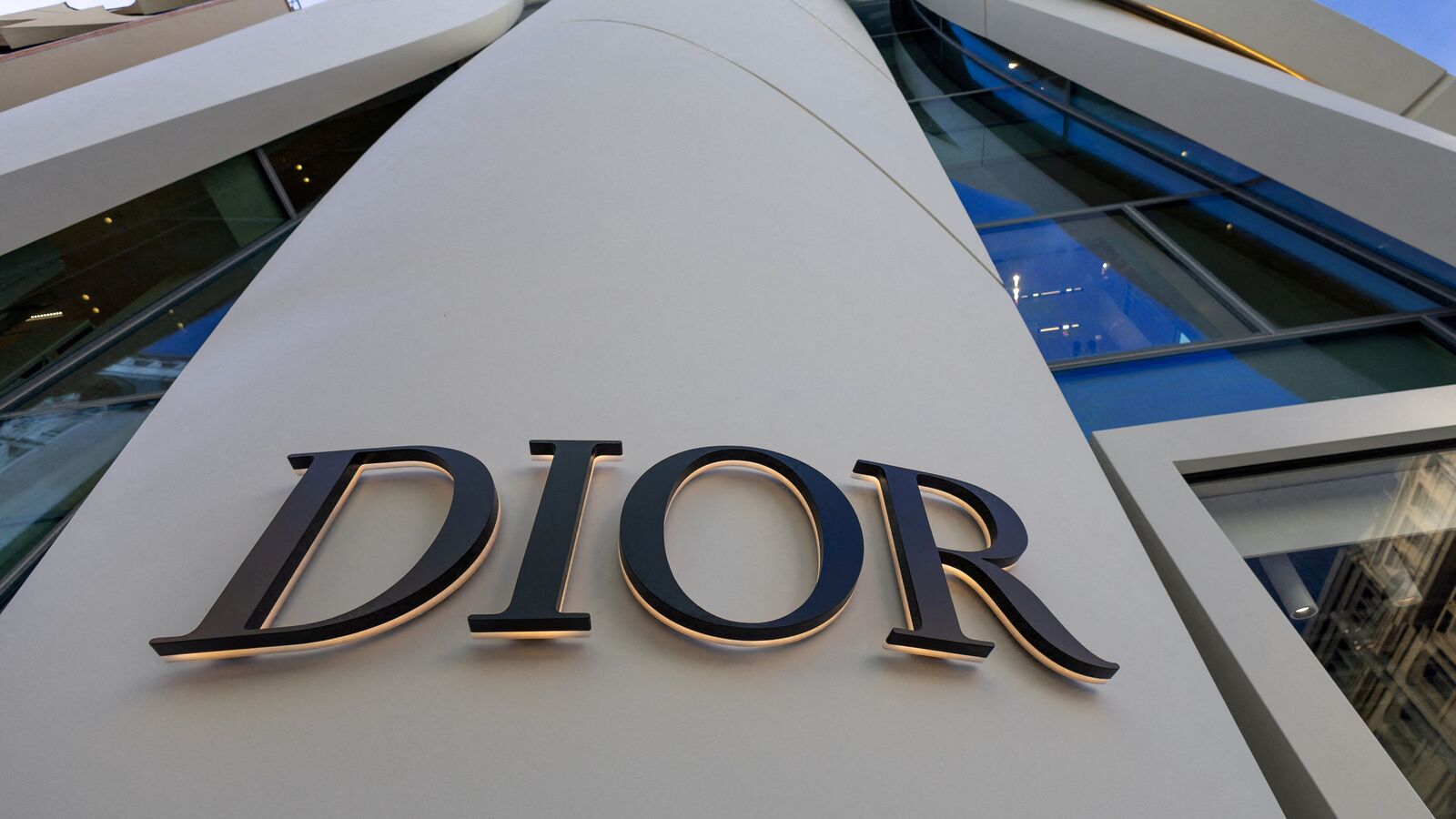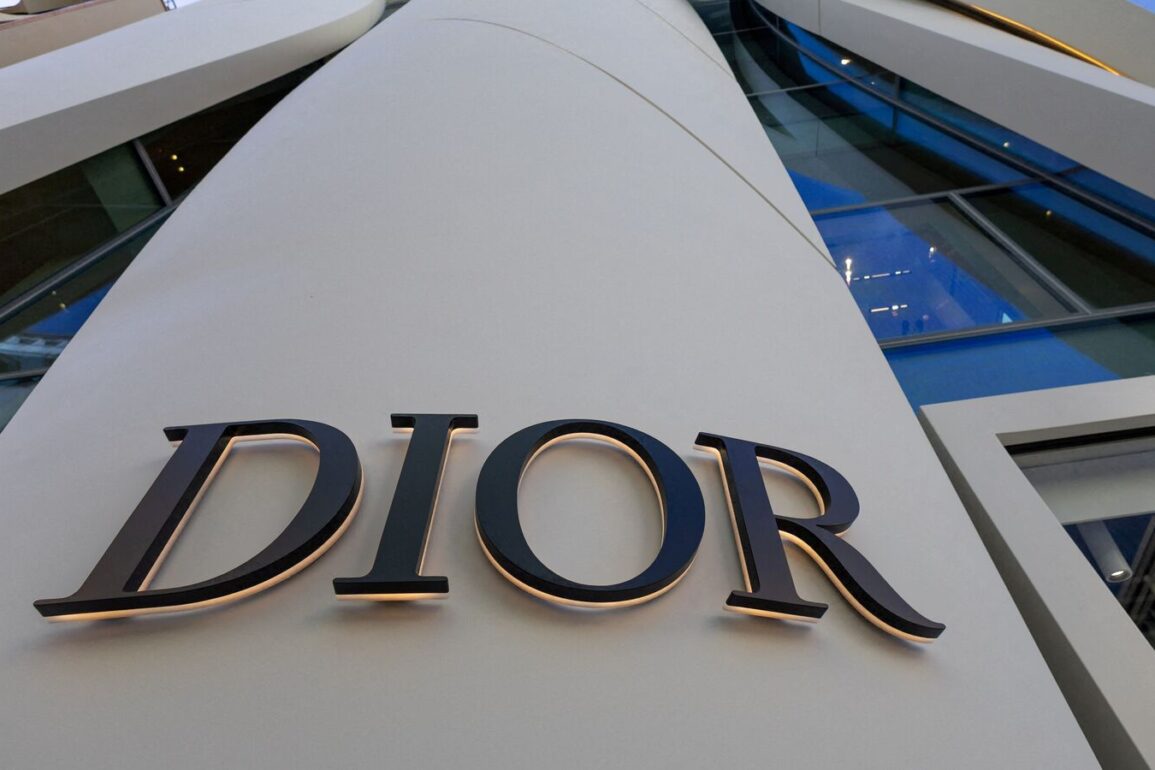
Christian Dior struck gold when it found a supplier willing to assemble a €2,600 handbag, equivalent to around $2,816, for just €53 a piece—or did it? Cleaning up the reputational damage may not come cheap.
A Milan court named LVMH-owned Dior and Giorgio Armani as two brands whose products were made in sweatshop-like conditions in Italy. Images of an unkempt facility where designer handbags were produced, which was raided as part of an investigation into Italy’s fashion supply chain, are worlds apart from those the luxury industry likes to show its customers.
To keep up with the strong demand for their goods, some high-end brands rely on independent workshops to supplement their in-house factories. Sales at LVMH’s leather goods division have almost doubled since 2019.
While more outsourced manufacturing is understandable in a boom, brands may also have taken cost-saving measures too far in a push to juice profits. Some of Dior’s production was contracted out directly to a Chinese-run factory in Italy, where illegal workers assembled the bags in unsafe conditions, according to a translated court order. In other instances, Dior’s suppliers subcontracted work out to low-cost factories that also used irregular labor.
Nipping the problem in the bud would require hundreds of millions of dollars worth of investment in new facilities to bring more manufacturing in-house. The alternative is for Dior to pay its suppliers more and keep them on a tighter leash. Either way, the result seems likely to be lower profits than shareholders have grown accustomed to.
Top luxury brands such as Christian Dior can have very high margins because consumers are willing to pay steep prices for goods they see as status symbols. They can also spread high fixed costs, such as expensive ad campaigns over a large volume of sales.
For the LVMH group overall, the cost of making the products it sells—everything from Champagne to watches to cosmetics—amounted to 31% of sales in 2023. But the margins on big-brand handbags are probably at the high end of the spectrum.
Bernstein analyst Luca Solca estimates that a €10 billion luxury fashion label, roughly Dior’s size, may spend just 23% of its sales on the raw materials and labor that go into its products. This implies a €2,600 Dior purse would cost €598 to make, equivalent to $647 for a roughly $2,800 product at current exchange rates.
In reality, the cost may be even lower, based on the results of the Italian investigation. The €53-a-piece assembly price it cited didn’t include the cost of the leather and hardware, but that would only add another €150 or so, according to one Italian supplier.
Advertising fees are a further €156 per handbag, according to Bernstein’s analysis, and depreciation of the company’s assets is €156. Running the brand’s stores—including paying the rent on some of the most exclusive shopping streets in the world—and head office costs come to an additional €390. This leaves €1,300 of pure operating profit for Dior, or a 50% margin.
“This is the reality of the business,” says Solca. “The retail price for the goods of major luxury brands is typically between eight and 12 times the cost of making the product.”
LVMH hasn’t commented on the investigation, which first made headlines nearly a month ago. Meanwhile, a public-relations storm is brewing. Luxury influencers on social media are asking what exactly people are paying for when they shell out for a fancy purse. Recent price increases also make the cheap manufacturing costs hard to stomach. A mini Lady Dior bag that cost $3,500 in 2019 will set shoppers back $5,500 today, a 57% increase.
A dozen other luxury labels that remain unnamed are under investigation for similar issues in their Italian supply chains, so this may be a much wider problem.
Profits will take a hit if the industry decides to clean up its act. But the cost of doing nothing might be higher. Luxury brands that charge customers thousands of dollars and rely on a reputation for quality can’t afford to be cheap.
Write to Carol Ryan at carol.ryan@wsj.com
This post was originally published on this site be sure to check out more of their content.









